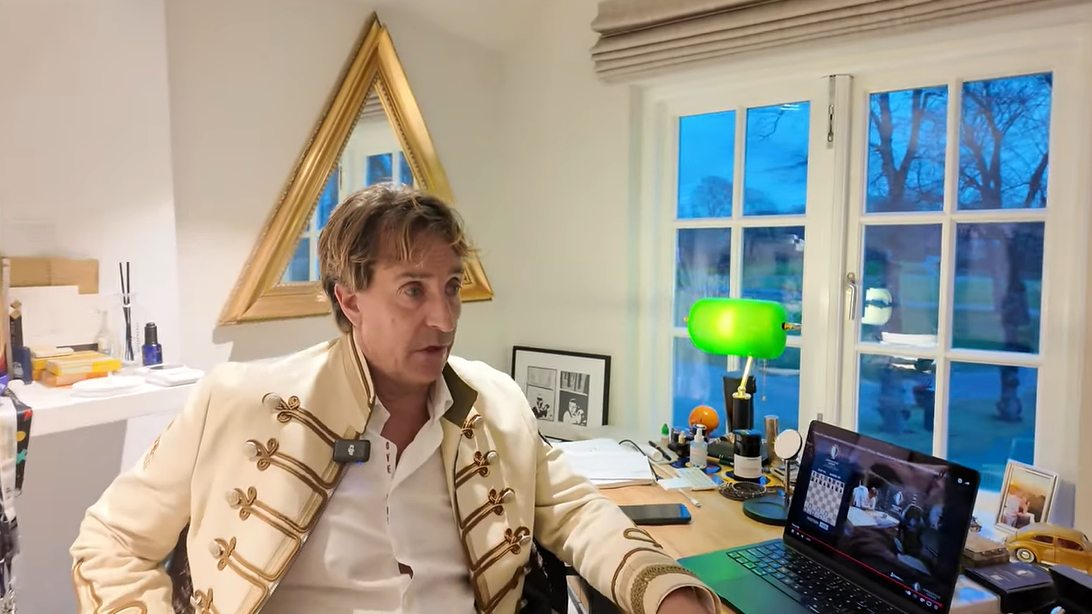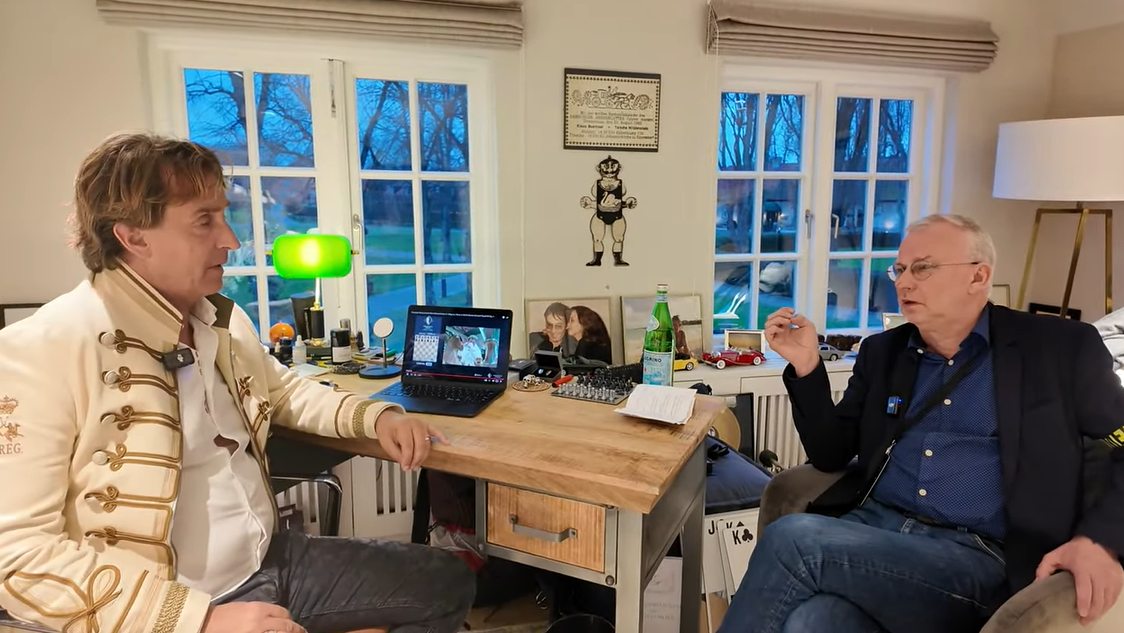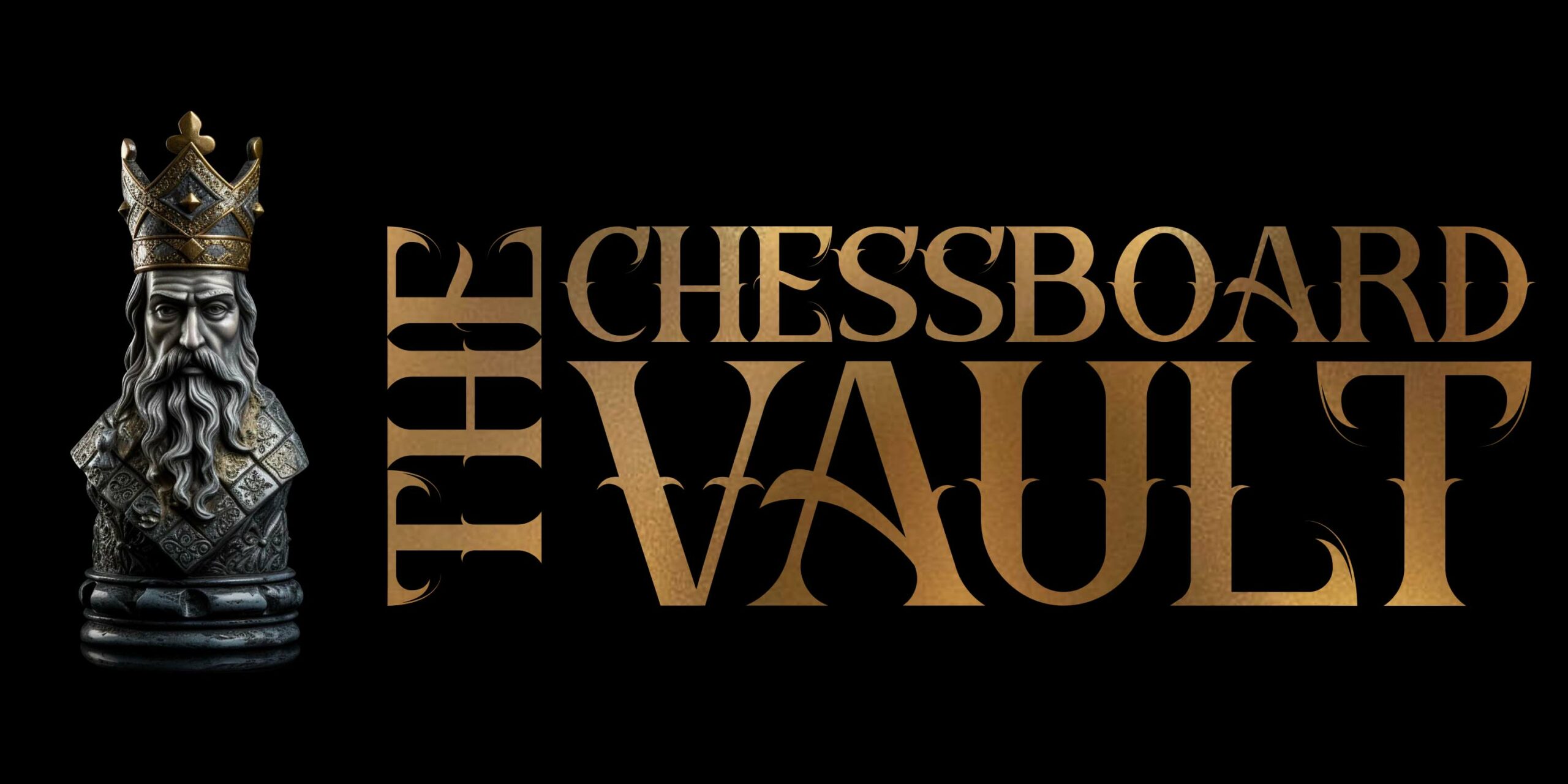For the second time, Jan Buettner organizes a chess tournament at his luxurious Weissenhaus resort, bringing together some of the world’s best players. Two years ago, this Hamburg entrepreneur asked himself what gave him the most pleasure. In addition to his passion for music, it was chess. Buettner had learned to play chess at school as a child, and decided to revive this passion. He took online lessons with Niclas Huschenbeth, before inviting his teacher to the Weissenhaus. The idea of organizing a tournament in this elegant setting by the Baltic Sea was born. Huschenbeth suggested contacting chess superstar Magnus Carlsen. Buettner and Carlsen met in Dubai. The world No. 1 agreed to take part, but on one condition: that it be in Chess960. The former world champion finds the game with randomized starting positions far more exciting than classical chess. Buettner agreed, and the project took shape. In February 2024, the first major Freestyle Chess tournament took place, transformed into a real spectacle in this sumptuous setting. Buettner, also a Formula 1 fan, was inspired by the sport’s spectacular universe:
In sport, the human being and everything around him must be at the center. In chess, you can’t see what’s going on, and it seems boring to the uninitiated. F1 is a spectacle, but in reality, motorsport is also rather monotonous, with cars going round in circles. It’s the stories around the athletes that make the difference.
A series inspired by the Grand Slam
In a second phase, the Freestyle Chess tournament at the Weissenhaus has evolved into a series, modelled on the Grand Slam tennis tournaments. After the Baltic stopover, the series will continue in April in Paris, then in July in New York, in September in Delhi, and finally in December in South Africa. Another tournament may yet be added to the program.
The charm of unknown positions
Chess with unknown starting positions is a favorite among participants. In these unpredictable situations, even the best players make mistakes from the very first moves. A certain amount of chance is involved, redistributing the cards with each game. Even Magnus Carlsen, usually so dominant, finds himself vulnerable in this format.
Conflict with FIDE
With the world’s best players at the start, this series claims world championship status. This ambition has not escaped the attention of FIDE, whose representatives have contacted Buettner. After a promising start and a willingness to cooperate, relations between Carlsen and Buettner on the one hand, and FIDE, represented by Arkady Dvorkovich and Emil Sutovsky, on the other, gradually deteriorated. The conflict intensified and finally erupted into the open. The central question: who, outside FIDE, has the right to call a chess event a “world championship”? For FIDE, this includes all chess variants, a position that fuelled the tensions.

In recent weeks, Freestyle Chess and Jan Buettner have attracted considerable media attention, probably more than the organizer and patron would have liked. At the Weissenhaus, journalist after journalist interviewed him, seeking to capture every detail of his story. Despite his hectic schedule, Buettner found time to receive the ChessBase team for a video interview in his office at the Kavaliershaus. This nostalgia-filled space is packed with treasures for pop culture fans: a complete collection of old Asterix albums, a quartet of Raumpatrouille Oriona series of carefully aligned model cars, as well as several chess sets. The walls were also adorned with photos, including one of Jan Henric’s father, Klaus Buettner. Former editor-in-chief of HörzuKlaus shared a passion for music, as evidenced by a photo showing him with The Beatles during their legendary appearance at Hamburg’s Starclub.

In his interview with André Schulz, Jan Buettner talks about his passionate involvement in the world of chess. In addition to Freestyle Chess, he actively supports Hamburger SK, the chess section of FC St. Pauli, and mentors several young German talents through the Weissenhaus Chess Academy. He also shares his ambitions for the future, outlining a project that goes beyond the competitive arena.
However, the conflict with FIDE weighed heavily. Countless discussions cost a lot of time and energy, turning what could have been a fruitful collaboration into an exhausting battle. While Buettner acknowledges that the controversy raised the profile of his initiative, the fact remains that the ordeal was profoundly trying, both personally and professionally.
Video and editing: Arne Kähler.
![]()
